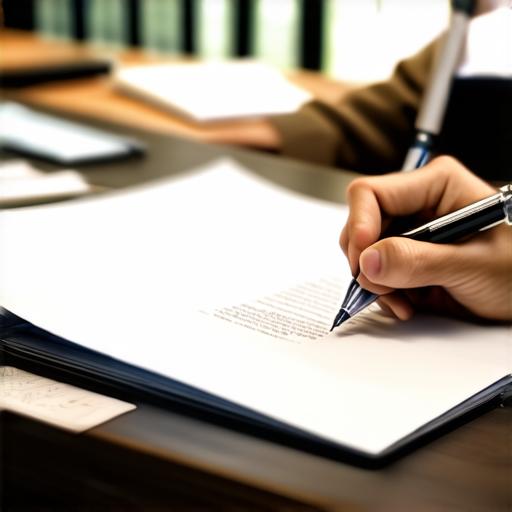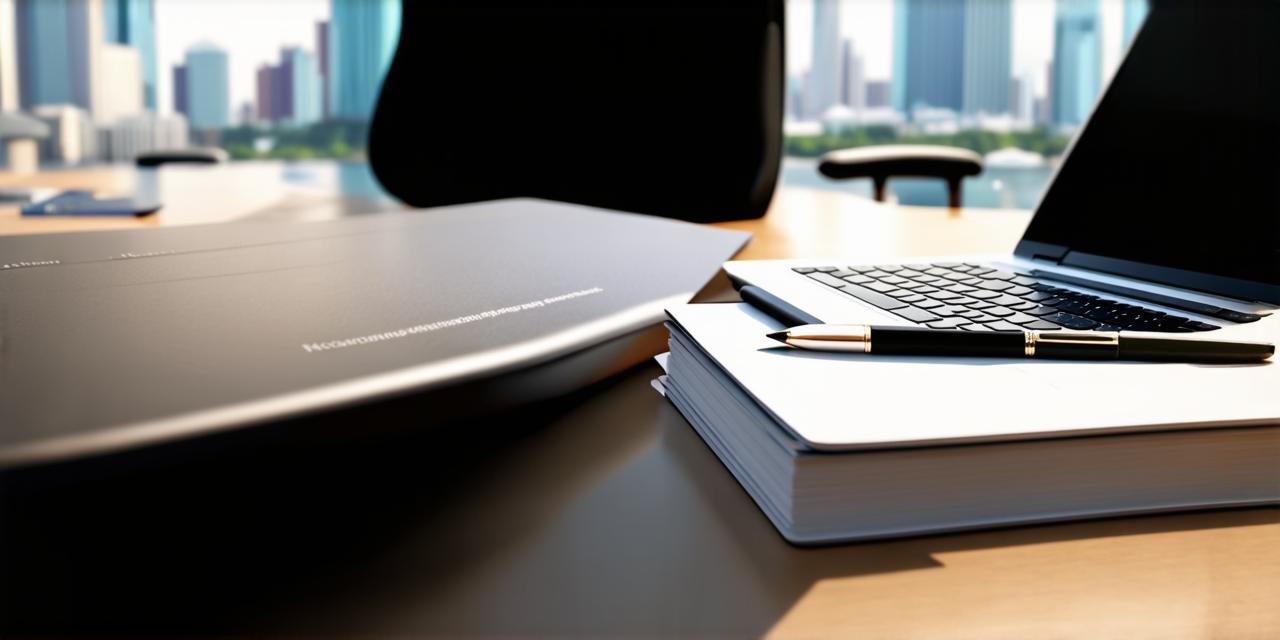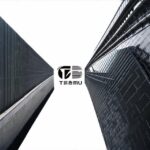A cover letter is an essential document that accompanies your resume when applying for a job. It gives you the chance to showcase your skills, experience, and enthusiasm for the role.
The Importance of a Cover Letter

A cover letter is an opportunity to demonstrate your personality, communication skills, and ability to research a company. It also shows that you are interested in the role and the organization, which can help set you apart from other applicants.
The Structure of a Cover Letter
A cover letter should follow a specific structure, including:
- Introduction: Begin with an attention-grabbing opening that introduces yourself and the reason for your application.
- Body Paragraphs: Include several paragraphs that showcase your relevant experience, skills, and enthusiasm for the role and the company. Use specific examples to demonstrate how you can contribute to the organization’s success.
- Closing: End with a closing statement that reiterates your interest in the position and thanks the employer for considering your application.
Tips for Writing an Effective Cover Letter
Here are some tips for writing an effective cover letter:
- Research the Company: Before you start writing, research the company to learn more about its mission, culture, values, and recent news or developments. This will help you tailor your cover letter to the organization’s needs and show that you are genuinely interested in working there.
- Highlight Relevant Experience: Focus on your relevant experience and skills that align with the job requirements. Use specific examples to demonstrate how you have applied these skills in previous roles.
- Show Enthusiasm: Express your enthusiasm for the role and the company. Use language that shows you are excited about the opportunity to contribute to the organization’s success.
- Use Comparisons and Figurative Language: Use comparisons and figurative language to make your cover letter more engaging and memorable. For example, compare your skills to those of successful professionals in the industry or use metaphors to describe how you can contribute to the company’s growth.
- Keep it Short and Sweet: A cover letter should be no more than one page, with short paragraphs that are easy to read. Avoid using long, dense paragraphs or overly complex wording.
- Proofread and Edit: Finally, proofread your cover letter carefully before sending it. Check for spelling and grammar errors, as well as formatting issues such as inconsistent font sizes or margins.
Examples of Effective Cover Letters
Here are some examples of effective cover letters that demonstrate the key points discussed above:
[Example 1]
Dear [Employer],
I am writing to apply for the [Job Title] position at your company. As a recent graduate with a degree in [Field of Study], I believe I have the skills and experience needed to make a valuable contribution to your team.
During my time in school, I developed strong research and analytical skills through coursework and internships. I also gained valuable experience in [relevant skill or experience]. I am excited about the opportunity to apply these skills to a real-world setting and contribute to the success of your company.
Thank you for considering my application. I look forward to discussing how I can help your team achieve its goals.
Sincerely,
[Your Name]
[Example 2]
Dear [Employer],
I am writing to apply for the [Job Title] position at your company. As a seasoned professional with [Number of Years] years of experience in [Industry], I believe I have the skills and knowledge needed to excel in this role.
One of the things that drew me to your company is its commitment to [Company Value or Mission]. This aligns perfectly with my own values and passion for [Field or Industry]. I am excited about the opportunity to join your team and contribute to your ongoing success.
In addition to my relevant experience, I have conducted extensive research on your company and its recent developments. For example, I was impressed by your recent acquisition of [Company Acquisition], which I believe will help expand your reach in the industry. I look forward to discussing how I can contribute to this growth and help your company achieve its goals.
Thank you for considering my application. I am confident that my skills and experience make me a strong fit for this position.
Sincerely,
[Your Name]
FAQs
Here are the answers to some frequently asked questions about cover letters:
- What is the purpose of a cover letter? The purpose of a cover letter is to provide additional information about your qualifications and enthusiasm for the role and the company. It also allows you to showcase your personality, communication skills, and ability to research a company.
- How long should a cover letter be? A cover letter should be no more than one page, with short paragraphs that are easy to read. Avoid using long, dense paragraphs or overly complex wording.
- Should I include my resume in my cover letter? Yes, you should include your resume in your cover letter. Your resume provides a more detailed overview of your qualifications and experience, while your cover letter gives you the opportunity to showcase your personality and enthusiasm for the role and the company.
- Can I use bullet points in my cover letter? Yes, you can use bullet points in your cover letter to make it easier to read and highlight key points. However, be sure to use bullet points sparingly and only when necessary.
- Do I need to proofread my cover letter before sending it? Yes, it is essential to proofread your cover letter carefully before sending it. Check for spelling and grammar errors, as well as formatting issues such as inconsistent font sizes or margins.


